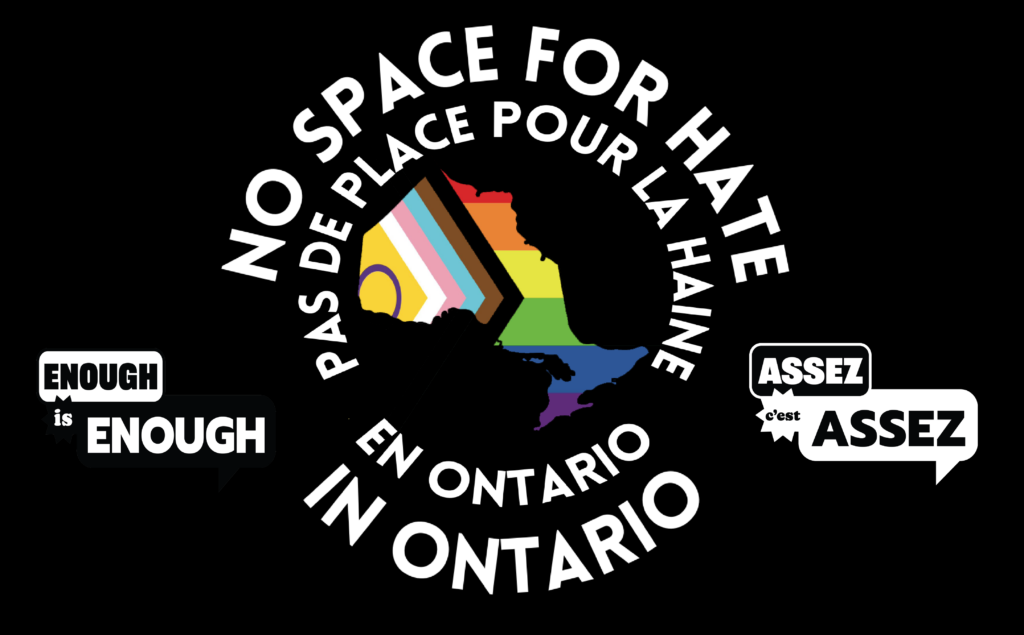Follow the science. Enforce the law. Protect workers.
COVID is airborne – a truth finally confirmed by the World Health Organization (WHO) and US Centers for Disease Control (CDC) more than a year after health experts and unions submitted this was the case based on growing evidence.
A recent review in The Lancet described 10 well-founded ways COVID-19 can spread via aerosols when an infected person exhales, speaks, shouts, sings, sneezes or coughs. The evidence was there since day one: the Washington choir practice in March 2020 where at least half of the singers were infected, and two people died, the Quebec gym outbreak that led to over 400 cases, and the many outbreaks in meatpacking plants, warehouses and distribution centres like postal facilities.
Many experts urged public health bodies and governments to consider airborne transmission as a major route over the last year. For example, the letter signed by 239 experts worldwide in July 2020, and the Canadian expert letter, signed by a coalition of occupational health specialists, scientists, engineers and others.
But it’s not about, ‘We told you so’. It’s about, we told you to protect workers from potential airborne transmission of COVID-19. Why haven’t you listened to so many voices, including the labour movement for over a year?
The precautionary principle – planning for the worst, and preparing for it – is not a novel one. In the wake of SARS, Justice Archie Campbell said, “We cannot wait for scientific certainty before we take reasonable steps to reduce risk.” Campbell even gave the example “like the use of a fitted N95 respirator” – personal protective equipment frontline workers are still denied.
Campbell made clear that if we do not learn the lessons from SARS, we will pay a terrible price in the next pandemic. That pandemic is here, and workers – and their families and communities – continue to pay that price with their lives and their health.
In a recent op ed, University of Toronto epidemiologist David Fisman writes, “Would publicly declaring COVID-19 airborne and implementing strategies to prevent airborne transmission reduce the spread of the virus and the resulting devastating impacts on essential workers and their families? The answer quite clearly is yes.” Fisman, who initially denied airborne spread, shows the importance of following the science. As Dr. Anthony Fauci said to policymakers in September 2020, and again recently: be humble, flexible, and unafraid to pivot.
The labour movement is demanding the government, public health bodies, and employers: follow the science, and enforce the law. Ontario’s Occupational Health and Safety Act includes the precautionary principle in its general duty clause: “to take every precaution reasonable to protect workers.” We demand:
- hazard assessments that account for all forms of transmission, including airborne and variants
- minimum standards that reflect airborne transmission and are strongly enforced
- direct, appropriate respiratory protection for any worker who must go into work outside the home (e.g. respirators and not surgical masks)
- a review of transmission infection and control measures, before and after outbreaks
- proper, immediate exposure investigations, including contact tracing
- genuine consultation with joint committee worker representatives
Employers must follow the Occupational Health and Safety Act and provide workers with safe and healthy workplaces, adequate protection, and training. The Ministry of Labour, Training and Skills Development (MLTSD) must enforce the law based on airborne precautions for a communicable respiratory illness and penalize employers who fail to comply. And our public health bodies must accept the science. Until that happens, we are a global embarrassment.
Follow the science, enforce the law, and protect workers. No more sick or dead workers as cost-cutting collateral damage.


